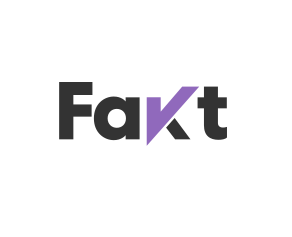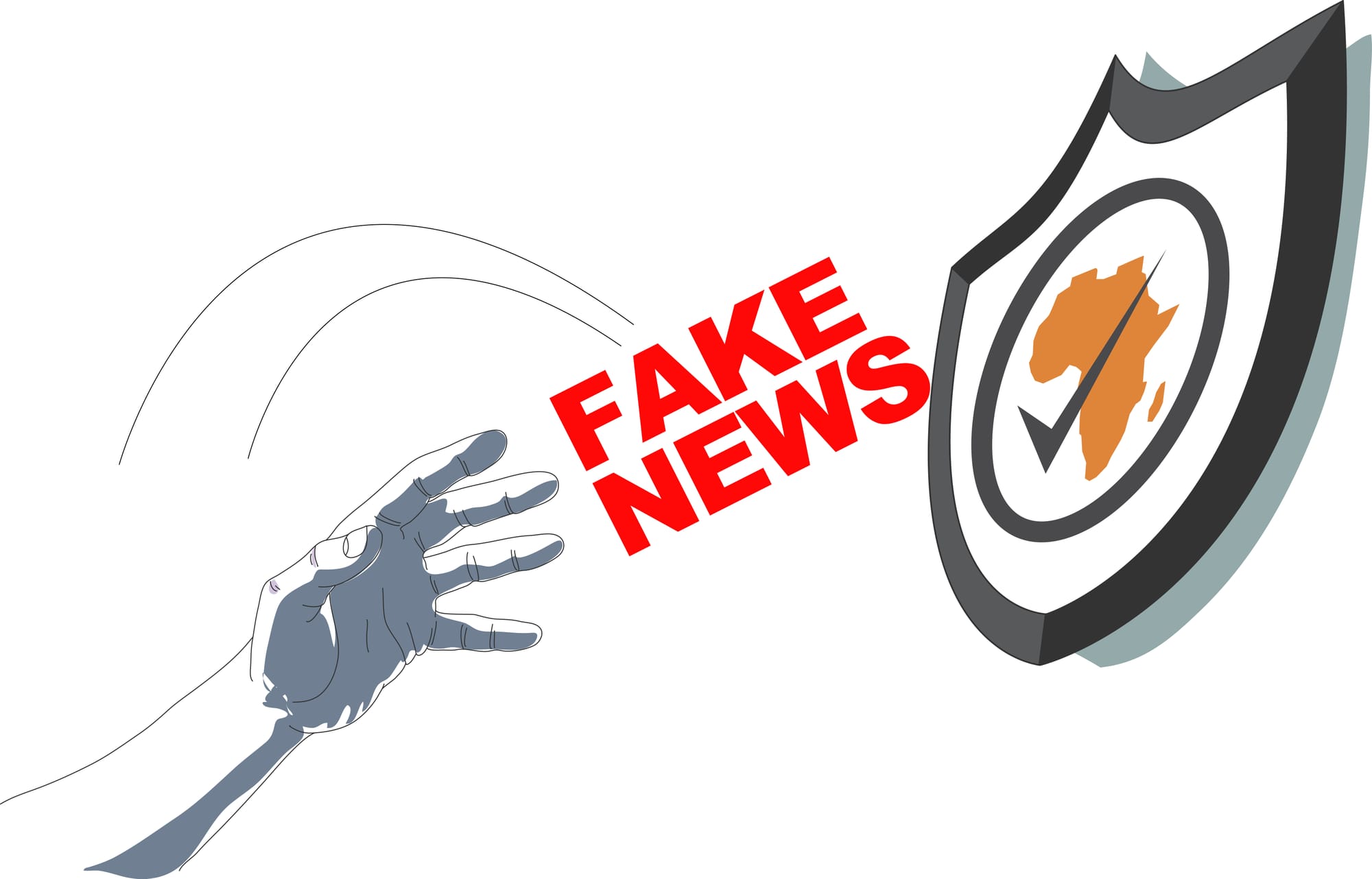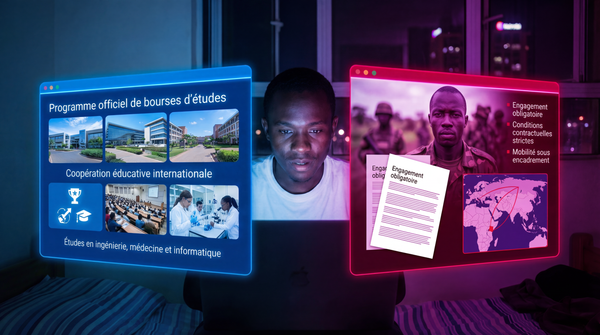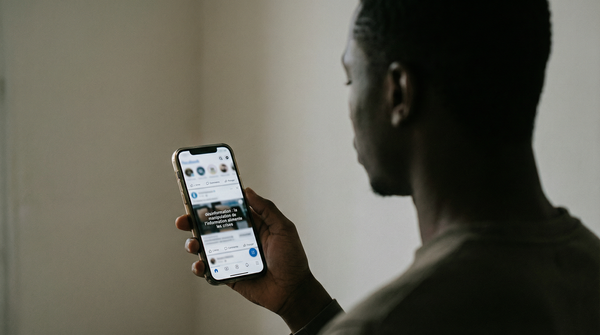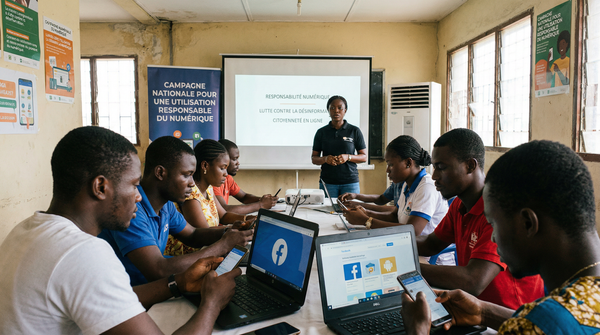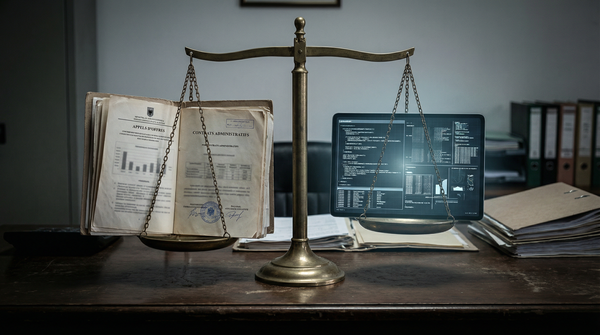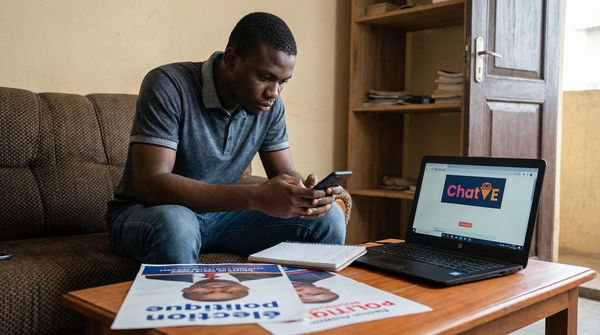Au seuil de l'avènement des réseaux sociaux, l'Afrique est le théâtre d'une prolifération rapide des fake news. Bien que la désinformation ait toujours été un enjeu et un levier de contrôle des populations en Afrique, la nature instantanée des réseaux sociaux a intensifié la diffusion de campagnes de désinformation minutieusement élaborées.
Les médias, en tant que principaux vecteurs d'informations, sont souvent ciblés pour la diffusion de fake-news et de contenus trompeurs. Les campagnes de désinformation peuvent prendre différentes formes : la propagation de rumeurs, la manipulation de l'opinion publique et la diffusion de fausses informations à des fins politiques, économiques ou idéologiques.
L’Afrique, première victime de la désinformation
Depuis quelques années, le Centre d’Etudes Stratégiques de l’Afrique (CESA) conduit des études sur les campagnes de désinformation menées sur l’ensemble du continent africain. En 2023, l’organisme a ainsi recensé 189 opérations de manipulation de l’information, soit quatre fois moins que l’année précédente. Le Centre précise que ce chiffre reste sous estimé du fait dela nature opaque de ce type de campagnes. Selon l’étude, les pays les plus touchés par ce fléau sont le Mali, le Niger, le Burkina Faso, la Côte d’Ivoire, l’Afrique du Sud et la République Centrafricaine.
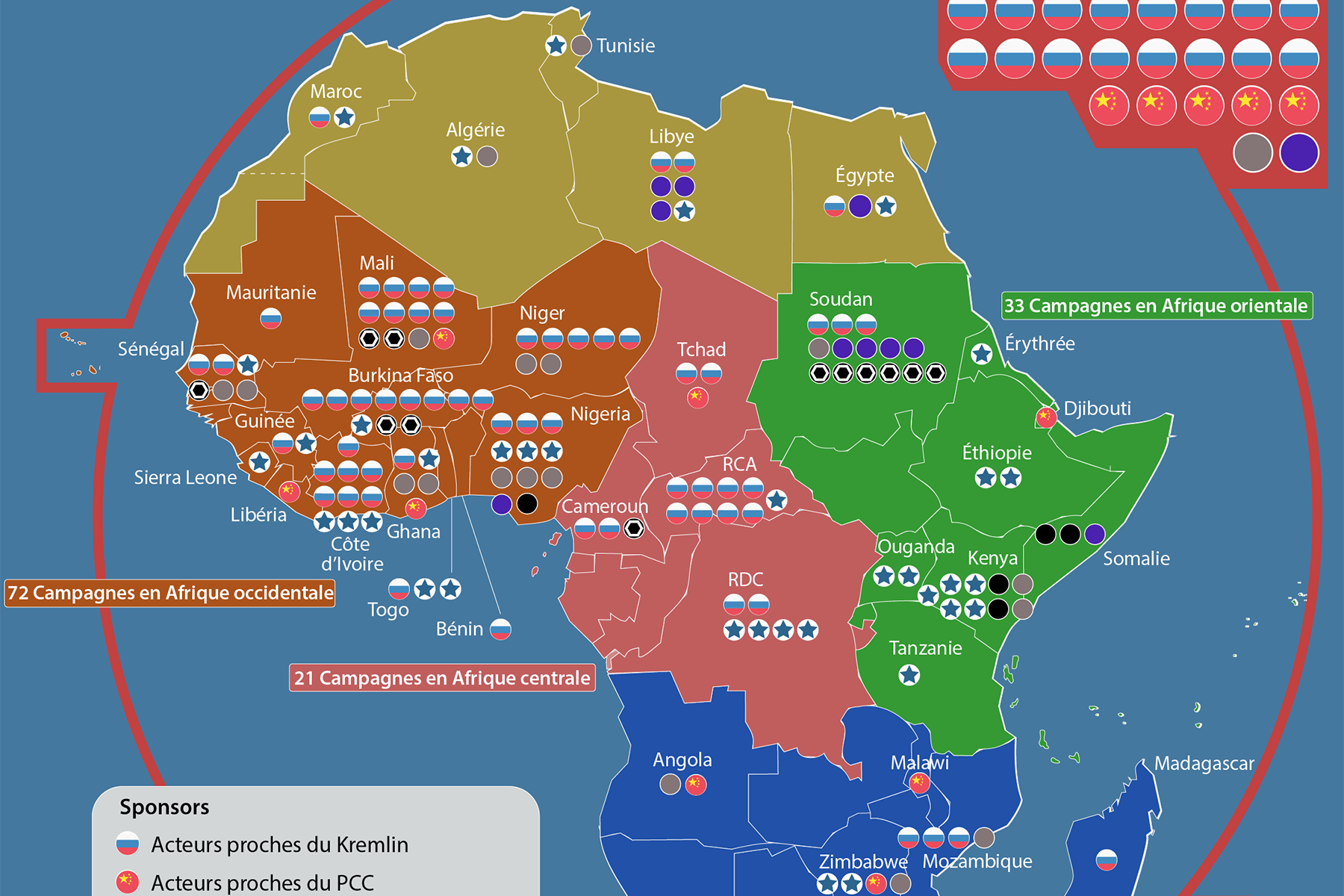
Sur les 189 opérations, 80 sont identifiées comme instrumentalisées par des « proches du Kremlin ». Selon le CESA, ces campagnes ont touché au moins 22 pays africains et des millions d’utilisateurs des médias sociaux durant l’année 2023.
En Afrique, où les réseaux sociaux sont devenus des vecteurs préférentiels de l’information, les manipulations représentent un risque direct pour la démocratie. Sapant la confiance du public dans les médias etremettant en cause le processus démocratique, la propagation de fake news peut polariser les opinions, influencer les décisions politiques et alimenter les tensions sociales et ethniques, contribuant ainsi à l'instabilité et au conflit.
Des initiatives nouvelles pour lutter contre les fake news
Récemment, de nombreuses initiatives ont été lancées par des organisations locales. En novembre 2015, la version francophone d’Africa Check (2012 pour la version anglophone) voit le jour à Dakar, devenant le premier organisme indépendant de vérification des faits du continent africain. Très active, cette organisation est rapidement devenue indispensable à la bonne santé du système informationnel sur l’ensemble du continent. Travaillant main dans la main avec les médias, la mention « Africa Check » est un gage de crédibilité et de légitimité du contenu et de leurs vecteurs.

Malgré ces multiples résolutions, le défi persiste. Avec la montée en puissance des réseaux sociaux et la prolifération des sources d'informations non vérifiées, les médias locaux africains doivent constamment innover et s'adapter pour maintenir leur crédibilité et leur pertinence. En fin de compte, la lutte contre la désinformation en Afrique est un effort conjoint qui exige la collaboration de tous les acteurs, des journalistes et des organisations de médias aux gouvernements et aux citoyens.
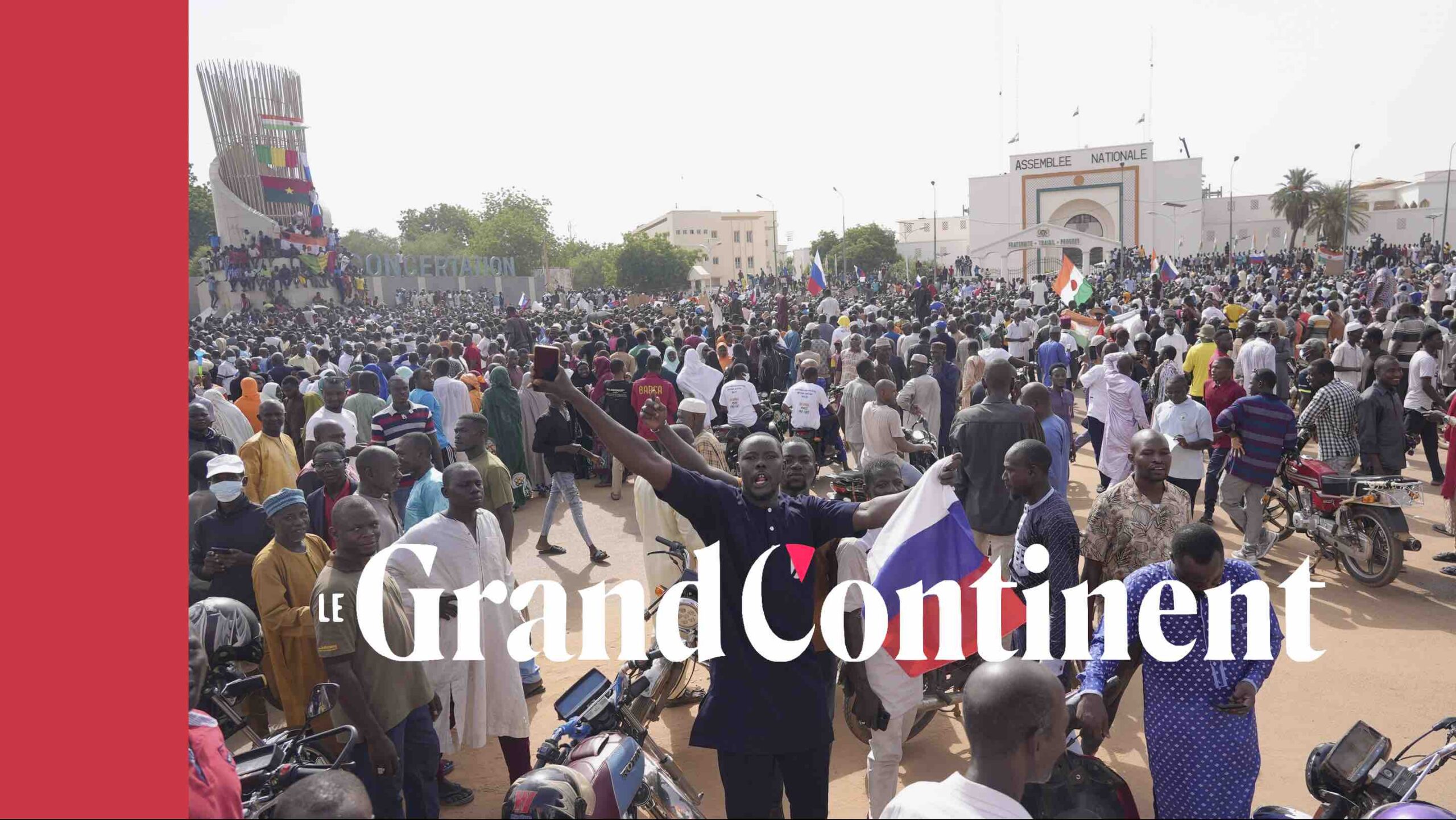
Renforcer les médias locaux, c’est également renforcer les fondements de la démocratie et de la stabilité sociale en Afrique.

